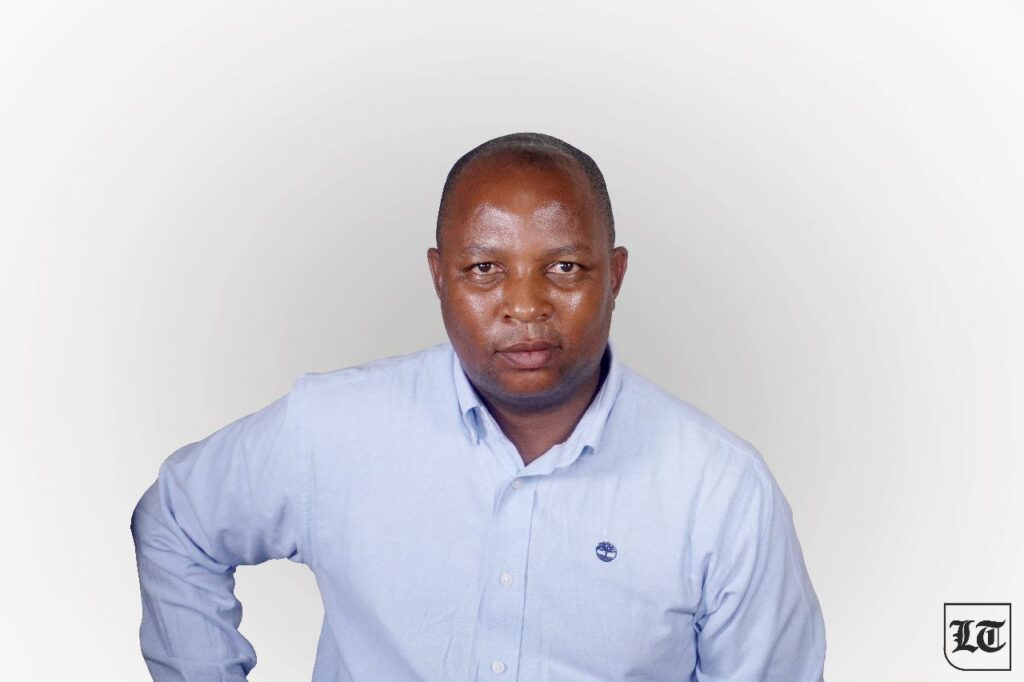Lesotho has recently raised eyebrows with its implementation of a curfew following the tragic killing of a prominent journalist. The suspicious timing and circumstances surrounding the curfew have sparked concerns about potential attempts to stifle dissent and curtail freedom of expression in the country. As the nation mourns the loss of a respected journalist, questions arise about the motivations behind the curfew and its implications for press freedom and civil liberties.
“A curfew is imposed on all persons throughout the Kingdom of Lesotho with effect from today,” according to a notice published in the government gazette on Tuesday.
Residents are banned from being outside between 10pm (20:00 GMT) and 04am (02:00 GMT), according to the document signed by police commissioner Holomo Molibeli.
The curfew will remain in place until further notice, Molibeli said. Those failing to comply face a fine or up to two years in jail.
Journalist Ralikonelo Joki, host of a current affairs show on a local private radio, was gunned down by unknown assailants as he was leaving his workplace in Maseru on Sunday night.
The Committee to Protect Journalists (CPJ) said that Joki was shot once in the head and at least 13 times in the body by unknown assailants.
“Joki, the host of the current affairs show ‘Hlokoana-La-Tsela’ (I Heard It Through the Grapevine), covered government, agriculture, and corruption, and was best known for breaking a 2021 story about five politicians who were illegally trading alcohol,” the CPJ said in a statement,
“The journalist received at least three death threats from different Facebook accounts in March and April related to his work as a journalist,” the organisation added.
The Suspicious Implementation of a Curfew:
Shortly after the Joki’s murder, the Lesotho government swiftly implemented a curfew, citing the need for maintaining public order and safety. However, critics have questioned the timing and rationale behind the curfew, perceiving it as a potential attempt to suppress dissent and restrict the media’s ability to investigate and report on matters of public interest.
Freedom of Expression and Press Freedom at Stake:
The curfew raises serious concerns about the freedom of expression and press freedom in Lesotho. It is crucial to maintain an environment where journalists can operate without fear of reprisals or censorship, as they play a vital role in upholding transparency, accountability, and democracy. Any measures that restrict their ability to carry out their work can have a chilling effect on free speech and the public’s right to access information.
Calls for Transparency and Investigation:
In response to the curfew and the journalist’s killing, local and international media organizations, as well as human rights advocates, have called for a transparent investigation into the incident. They emphasize the importance of identifying and bringing the perpetrators to justice, ensuring that this tragic event does not go unresolved.
Preserving Democratic Values and Civil Liberties:
Lesotho’s government must recognize that the strength of a democracy lies in upholding and protecting civil liberties, including freedom of expression and press freedom. Any attempts to restrict these fundamental rights undermine the very foundations of democracy and can erode public trust in the government.
International Community’s Watchful Eye:
The international community has a role to play in holding Lesotho accountable for safeguarding democratic principles and protecting human rights. Diplomatic channels, human rights organizations, and regional bodies should monitor the situation closely and exert pressure on the government to ensure a thorough investigation, respect for press freedom, and the preservation of civil liberties.
It is crucial for the government to address these concerns transparently, conduct a thorough investigation into the journalist’s murder, and ensure that the curfew does not become a tool to suppress dissent or hinder investigative journalism. Upholding democratic values and civil liberties is paramount for the country’s progress, stability, and reputation on the global stage.
